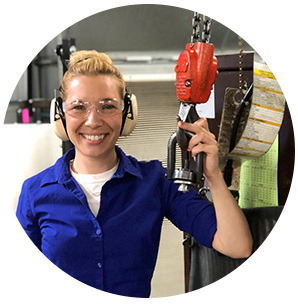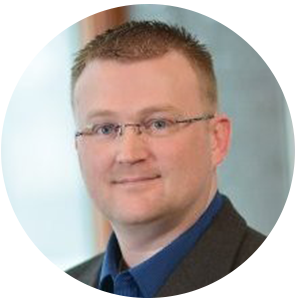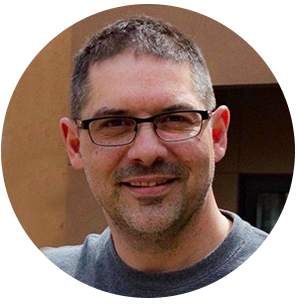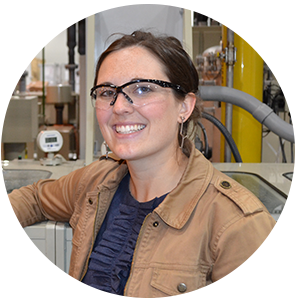Ashely Neby, Environmental, Health, Safety & Security Manager, Rockwell Automation
"Upon graduation from the Risk Control program, I accepted a position at the Rockwell Automation Ladysmith, Wisconsin facility. I am currently the Environmental, Health, Safety and Security Manager for the plant and in addition, recently took on a new role as the Rockwell Production System and Productivity Manager. I absolutely love problem-solving, working in manufacturing, and seeing the cultural impact of our work throughout the years. When I was in high school, I was employed by the UW-Stout Dining Service. After graduation, I continued my work while pursuing a Bachelor's in Hospitality Management and enlisted in the Wisconsin Army National Guard. To this day, working for the dining service was my favorite job and UW-Stout inspired a long-lasting passion for my career. In 2009, my unit deployed in support of Operation Iraqi Freedom and I returned with a new sense of appreciation for occupational safety. Once again, UW-Stout was there to excel my knowledge and experiences in the field. Obtaining my Master's Degree in Risk Control is one of my proudest moments. From dish-washer to safety professional, UW-Stout truly changed my life."
















